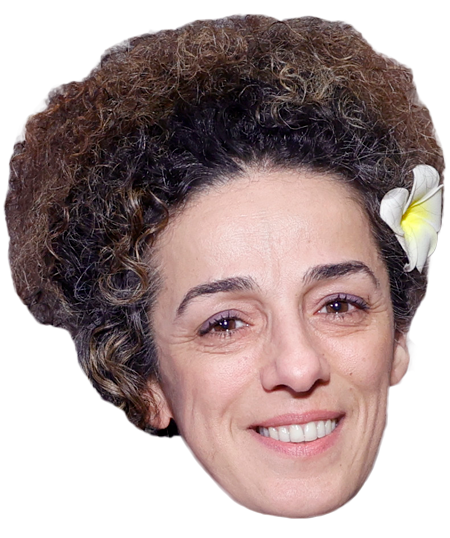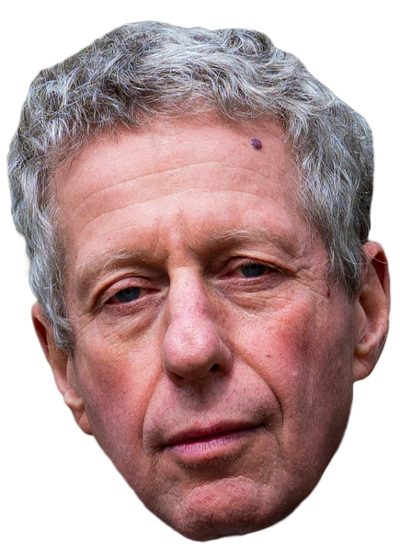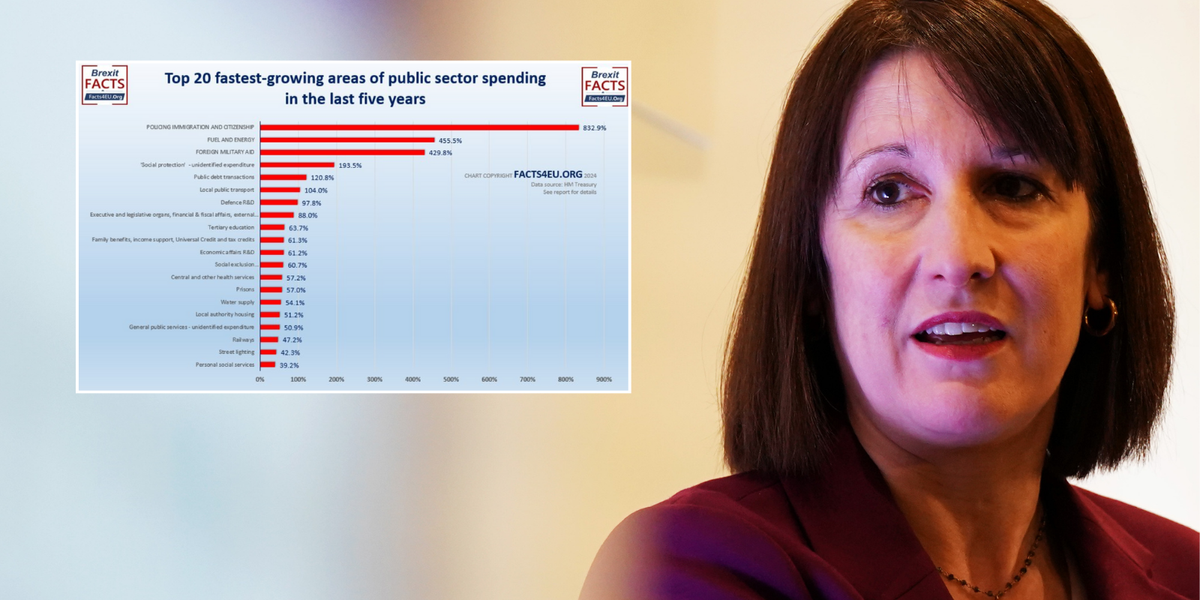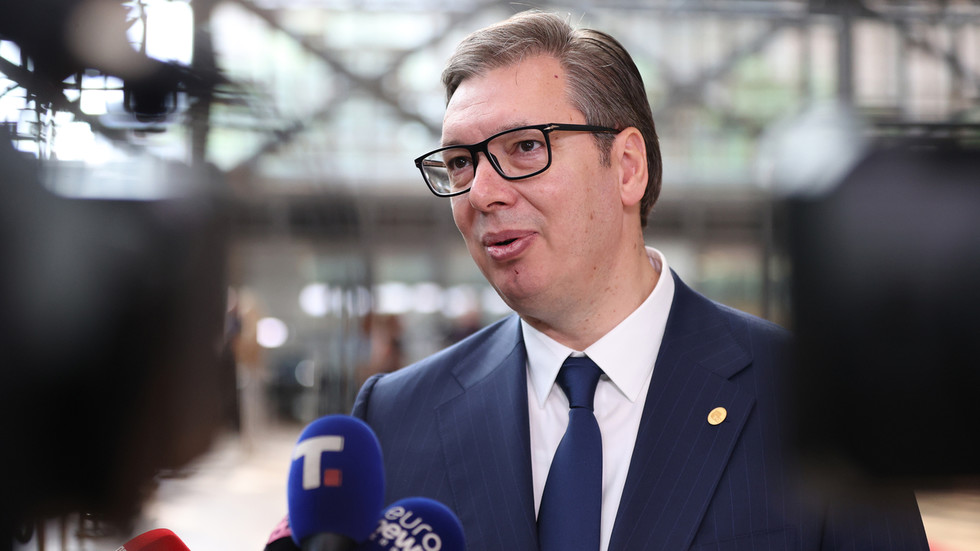The past year has been marked by wars in the Middle East and in Ukraine, a presidential election, Peanut the Squirrel, the resignation of the president of Harvard, a solar eclipse, a disastrous hurricane in North Carolina, the launch of Starship, the Summer Olympics, the release of Evan Gershkovich, the death of Alexei Navalny, the fall of the Assad regime, a leap forward in generative AI, a coup in Bolivia, assassination attempts on Donald Trump, the murder of a healthcare CEO, and suspicious drones in our skies.
We saw courage in unlikely places: a whistleblower who changed her mind; a scientist who defied groupthink and ultimately earned poetic justice; and a journalist who sounded the alarm on bias in his newsroom. Each, in their own way, became a signal fire for the rest of us.
It was also a big year for The Free Press. We wrote about debanking, the opioid crisis, and the trial of Daniel Penny. We investigated the indoctrination of our youngest Americans, the crisis at the southern border, and assisted suicide in the Netherlands. We read speeches with Douglas Murray, laughed on Friday mornings with Nellie Bowles, and learned from those who predicted the moment we are in far earlier than 2024.
As the year comes to a close, we asked some of the people who stood out to us—who provoked, inspired, or even unsettled us—to reflect on 2024, and what they learned this year.
ERIC ADAMS, mayor of New York City:
One thing I learned this year is it is always best to tune out the noise and stay focused on the work. The best way to serve New Yorkers is to keep my eyes on the goal and let the results speak for themselves. We are incredibly proud to have brought overall crime down this year, broken the record for the most jobs in our city’s history, and achieved back-to-back years of the newest construction of affordable housing. But there is more work to be done, especially when it comes to public safety.
When I see a person on the street, or in the subway system, clearly struggling with mental illness—unable to provide basic human needs for themselves, like food, clothing, and shelter—it breaks my heart. Denying a person lifesaving psychiatric care because their mental illness prevents them from seeing their desperate need for it is an unacceptable abdication of our moral responsibility. There is no dignity in withering away on the streets without the ability to help yourself, and there is no moral superiority in just walking by those individuals and doing nothing. We cannot be so idealistic that we’re not realistic.
In the upcoming year, I am committed to striking the right balance between protecting New Yorkers and showing compassion for our most vulnerable.
AYAAN HIRSI ALI, writer and activist:
One thing I learned this year is the skill to identify the greatest enemy of open societies.
I find that we have paid too little attention to the mother lode of all the flaws that are inherent in open societies: apathy.
It is the apathy—perhaps born of the affluence and a long period of relative peace—of citizens of free societies that must delight their enemies.
The lesson of 2024 for open societies is that they require active participation, in particular, in those institutions that shape the ideas and outlook of the next generation.
MASIH ALINEJAD, activist:
Vigilance, resilience, and optimism are the three defining lessons I take from 2024. This year, I learned that the Islamic Republic is relentless—not only in its efforts to spread terror across the world but also in its determination to kill me, even though I live in New York City. This is not a single moment of awareness but a lesson that must be relearned every day. In November, I was reminded of the regime’s ruthless nature when the FBI arrested two men—New Yorkers from Brooklyn and Staten Island—who were lurking outside my home with plans to take my life. This was the third attempt in four years. At the last count, 15 people have been charged with plots to harm me on these shores. To be honest, it was the vigilance and determination of our security agencies that saved me. In a world where evil thrives on silence, we must learn never to take for granted the systems and people who work tirelessly to protect us.
URI BERLINER, Free Press contributor:
When I wrote an essay for The Free Press criticizing the progressive tilt of my then-employer NPR, I had plenty of reasons to be apprehensive. But chief among them was my family. I come from a left-wing clan of old-fashioned liberals and outright radicals. They revere NPR, as I once did myself. So I was worried about an epic blowup when the story was published. One of those “I’ll never speak to him again” family brawls in election years you hear about.
Enjoying the story?
Enter your email to read this article and receive our daily newsletter.

 By The Free Press | Created at 2024-12-21 11:05:29 | Updated at 2024-12-21 16:17:25
5 hours ago
By The Free Press | Created at 2024-12-21 11:05:29 | Updated at 2024-12-21 16:17:25
5 hours ago













